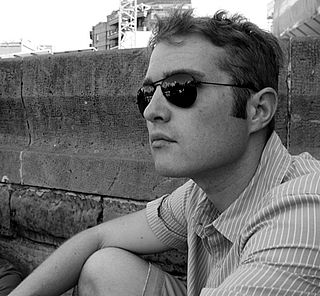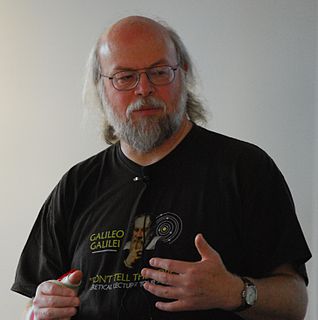A Quote by Alan Perlis
It is better to have 100 functions operate on one data structure than to have 10 functions operate on 10 data structures.
Quote Topics
Related Quotes
I personally think there's going to be a greater demand in 10 years for liberal arts majors than there were for programming majors and maybe even engineering, because when the data is all being spit out for you, options are being spit out for you, you need a different perspective in order to have a different view of the data.





































